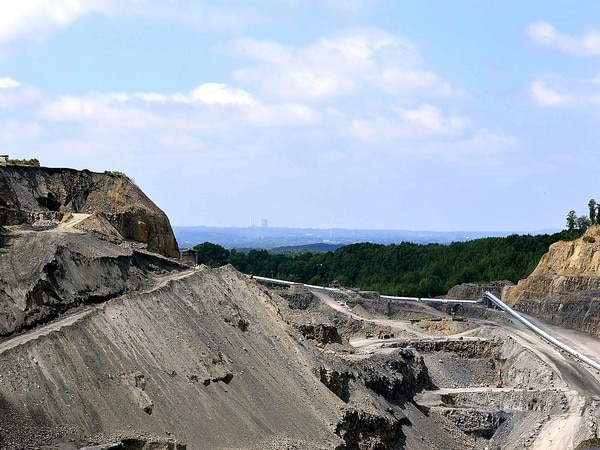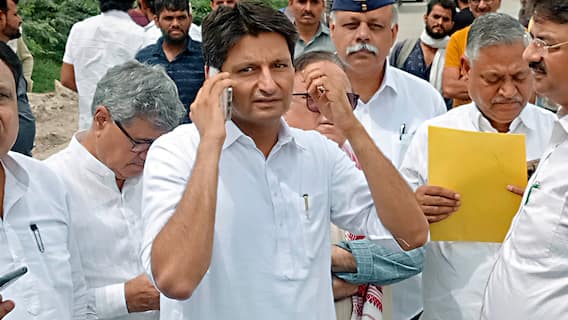
Rural coal families less likely to divorce

Washington D.C. [USA], Nov 21 (ANI): The risk of divorce is lower for rural coal-mining families, a recent study has suggested.
The Ohio State University researchers found that rural counties with higher levels of coal jobs had lower divorce rates compared with similar counties with fewer coal jobs during the 1990s, when the coal industry was losing jobs.
The results suggested that rural coal families may do better than others in dealing with the stress of an economic downturn in the coal industry.
"Coal families in rural areas have significant experience with the boom-bust cycle," said lead author Michael Betz. "People go about their lives when times get tough, knowing things will get better. They are less likely than others to resort to divorce when there's a downturn in the coal industry."
The researchers compared data from 1990 to 2000, when the coal industry was losing jobs, to 2000 to 2010, when employment in the industry was growing. They used public data from the U.S. Census Bureau and proprietary data purchased from Economic Modeling Specialists International.
The study found that while people in rural coal counties are more likely to marry in boom periods compared to bust periods, the rate of increase was not as large as it was in metro counties.
The study also found that divorce rates in metro coal counties were higher than in the rural areas during the 1990s coal bust.
Betz said that may be because, despite the downturn in coal jobs, the overall U.S. economy was booming in the 1990s, especially in cities. People in unhappy marriages living near cities may have been more confident they could find a job to support themselves if they got divorced from a spouse who worked in the coal industry.
The picture for cohabitation is unclear, because data weren't available for the 1990 to 2000 bust period in the coal industry. However, results showed that from 2000 to 2010, when the coal industry was doing better, cohabitation was declining in coal families as more chose to get married.
These results suggest that government policies that increase or decrease the demand for coal have effects that aren't always considered, according to.
Betz noted, "The bust period may now be a perpetual bust. There will no longer be huge expansions. And that is going to impact marriage and divorce in these communities."
The study appears in the Journal of Rural Studies. (ANI)
This story has not been edited. It has been published as provided by ANI
Top Headline
Trending News

and tablets



























